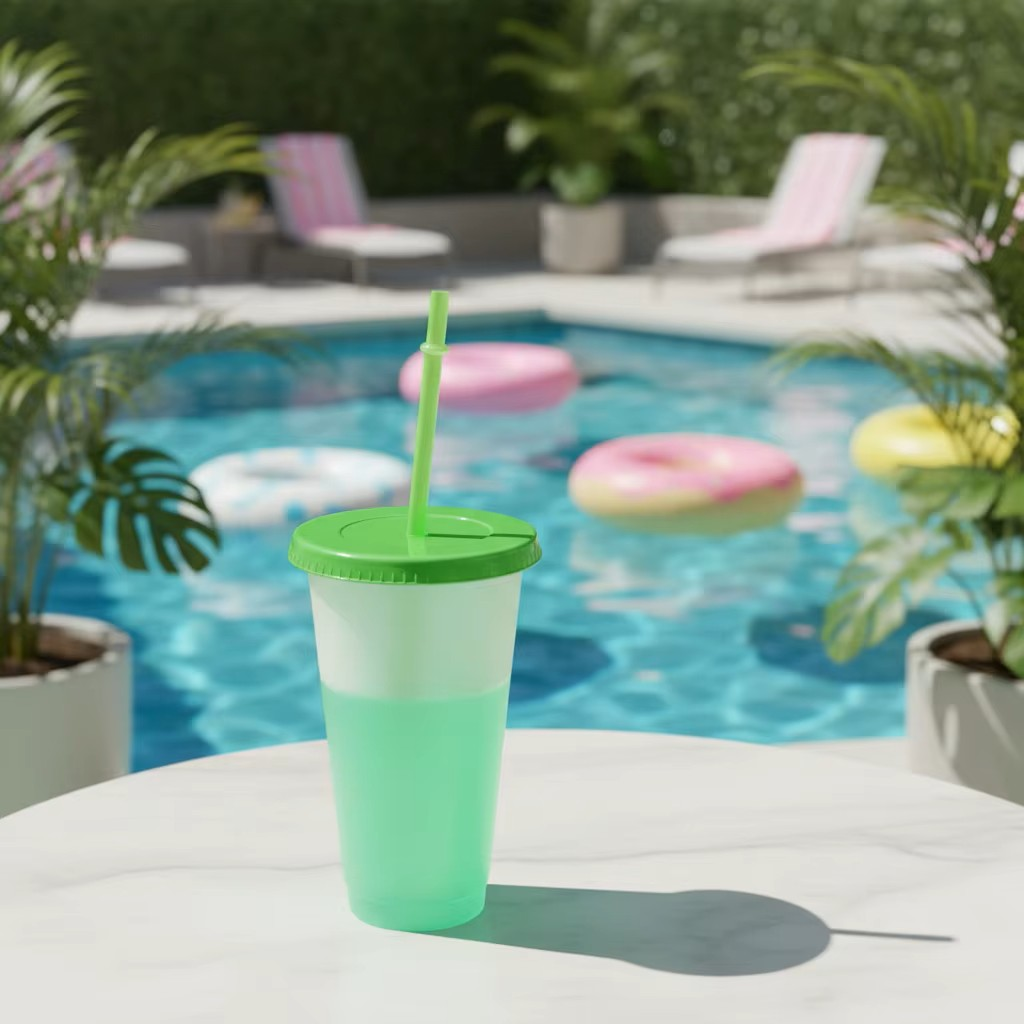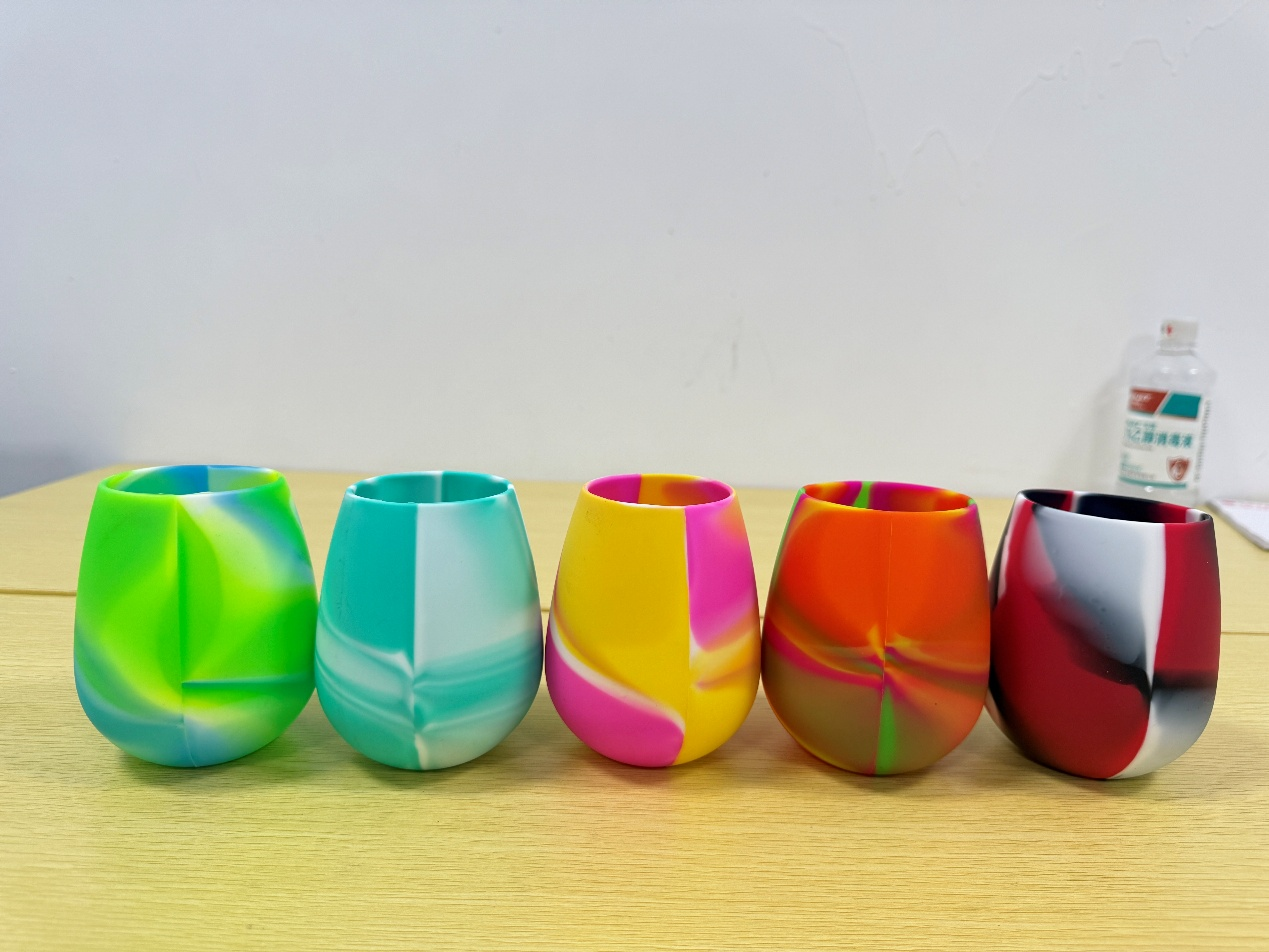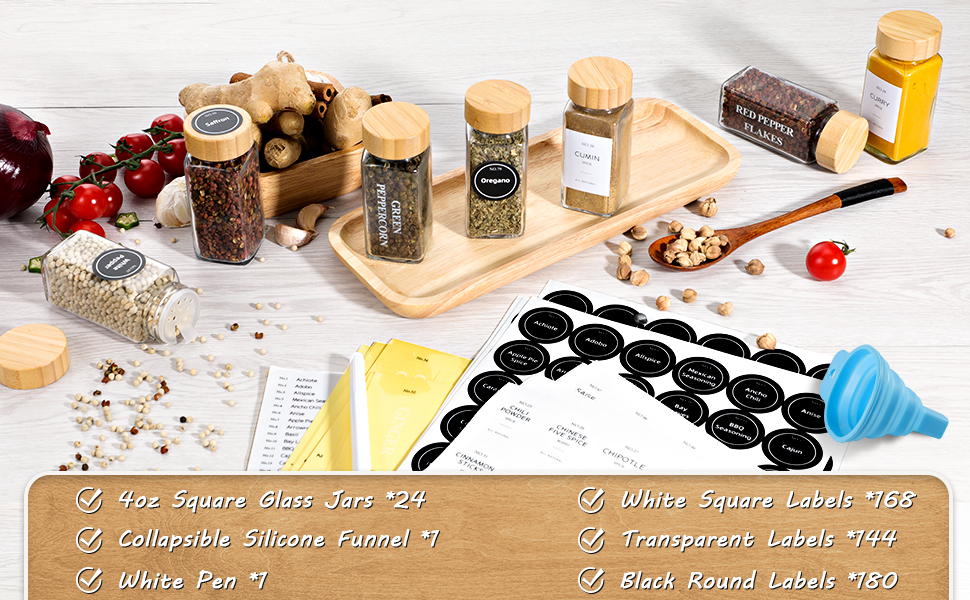The United Nations Conference on Trade and Development said on February 3 that vigorously developing plastic substitutes is expected to reduce the global plastic waste by about 63 million tons by 2040, accounting for about 17% of its total. Therefore, enterprises and countries must carry out cross-border cooperation to improve the production of plastic substitutes and solve trade barriers.
UNCTAD pointed out that the global plastic trading volume in 2021 will be close to 370 million tons, which is enough to fill more than 18 million trucks, and line up to circle the earth 13 times. Since less than 10% of all plastic produced is recycled, most of the products on these trucks will eventually be scattered on the streets and submerged in the sea.
UNCTAD stressed that nature is rich in sustainable materials, such as bamboo, sand, plantain and algae. These materials can be used to make straws, shopping bags, bottles, food packaging and other plastic substitutes for people's daily consumption, thus becoming more environmentally friendly.
Plastic substitutes bring huge economic opportunities
Henrique Pacini, an economist who studies trade and environment issues at UNCTAD, believes that such a transformation will not only benefit the whole planet, but also bring economic opportunities. The latest data shows that the total trade volume of plastic substitute materials and their products in the world in 2020 is about 388 billion US dollars, equivalent to about one-third of the trade volume of plastic products made from fossil fuels.
Pachini said that this showed that there was a large market for plastic substitutes and the growth potential was huge. He also said, "Each country can focus on materials with its own advantages in production. For example, many island countries in the Caribbean, Indian Ocean and Pacific Ocean can focus on coconut shells and bamboo."
Developed and developing countries need to strengthen cooperation
However, many companies in developing countries lack the technology and ability to use these materials to produce finished or semi-finished products on a large scale, which provides opportunities for companies in developed countries to invest in developing countries and enhance their technology and skills.
Pacini stressed that "the expansion of the production of plastic substitutes will depend on the strengthening of cooperation between developed and developing countries."
Seaweed packaging
UNCTAD is currently working with NotPla, a London-based start-up that is committed to using algae to produce biodegradable packaging alternatives.
Relevant tests have recently begun in Chile and Ghana. The company is cooperating with the United Nations and the Ministry of Environment of these two countries to test take-out boxes made of seaweed and edible liquid packaging.
Unfair competitive environment
UNCTAD also pointed out that in addition to the need to increase cross-border production, countries should also work together to resolve trade barriers and eliminate unfair incentives for plastic substitutes. For example, compared with plastic substitutes, most plastic products based on fossil fuels can enjoy more subsidies and lower import tariffs.
The data shows that the average tariff of plastic straws in the world is 7.7%, while that of paper straws is 13.3%, which makes the latter uncompetitive. UNCTAD's legal officer in charge of trade and environment issues said, "In short, the current tariffs are making plastics cheaper, so people are unwilling to stop using plastics, and will not use natural alternatives."
Harmonized system code
To help create a more level playing field, UNCTAD has developed the first list of plastic substitutes and their respective harmonized system codes. This code is part of the international standardized name and numbering system, which enables countries to classify products uniformly before export and import.
UNCTAD pointed out that this list with 282 harmonizing system codes is a useful complement to the work of the United Nations Intergovernmental Negotiating Committee. In order to end plastic pollution, the Commission is negotiating a legally binding instrument.
In addition, the list can also support the WTO's dialogue on plastic pollution and the role of alternatives, and can help implement the recently adopted Kunming - Montreal Global Biodiversity Framework.


 English
English Español
Español Português
Português русский
русский français
français 日本語
日本語 Deutsch
Deutsch Tiếng Việt
Tiếng Việt Italiano
Italiano Nederlands
Nederlands ไทย
ไทย Polski
Polski 한국어
한국어 Svenska
Svenska magyar
magyar Malay
Malay বাংলা
বাংলা Dansk
Dansk Suomi
Suomi हिन्दी
हिन्दी Pilipino
Pilipino Türk
Türk Gaeilge
Gaeilge عربى
عربى Indonesia
Indonesia norsk
norsk اردو
اردو čeština
čeština Ελληνικά
Ελληνικά Українська
Українська Javanese
Javanese فارسی
فارسی தமிழ்
தமிழ் తెలుగు
తెలుగు नेपाली
नेपाली Burmese
Burmese български
български ລາວ
ລາວ Latine
Latine Қазақ
Қазақ Euskal
Euskal Azərbaycan
Azərbaycan slovenský
slovenský Македонски
Македонски Lietuvos
Lietuvos Eesti Keel
Eesti Keel Română
Română Slovenski
Slovenski मराठी
मराठी Српски
Српски 简体中文
简体中文 Esperanto
Esperanto Afrikaans
Afrikaans Català
Català עִברִית
עִברִית Cymraeg
Cymraeg Galego
Galego 繁体中文
繁体中文 Latvietis
Latvietis icelandic
icelandic יידיש
יידיש Беларус
Беларус Hrvatski
Hrvatski Kreyòl ayisyen
Kreyòl ayisyen Shqiptar
Shqiptar Malti
Malti lugha ya Kiswahili
lugha ya Kiswahili አማርኛ
አማርኛ Bosanski
Bosanski Frysk
Frysk ជនជាតិខ្មែរ
ជនជាតិខ្មែរ ქართული
ქართული ગુજરાતી
ગુજરાતી Hausa
Hausa Кыргыз тили
Кыргыз тили ಕನ್ನಡ
ಕನ್ನಡ Corsa
Corsa Kurdî
Kurdî മലയാളം
മലയാളം Maori
Maori Монгол хэл
Монгол хэл Hmong
Hmong IsiXhosa
IsiXhosa Zulu
Zulu Punjabi
Punjabi پښتو
پښتو Chichewa
Chichewa Samoa
Samoa Sesotho
Sesotho සිංහල
සිංහල Gàidhlig
Gàidhlig Cebuano
Cebuano Somali
Somali Точик
Точик O'zbek
O'zbek Hawaiian
Hawaiian سنڌي
سنڌي Shinra
Shinra հայերեն
հայերեն Igbo
Igbo Sundanese
Sundanese Lëtzebuergesch
Lëtzebuergesch Malagasy
Malagasy Yoruba
Yoruba









